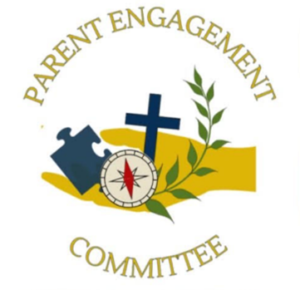Principal's Message
“Who do you say that I am”
This past Sunday, the Gospel of Mark has Jesus asking the questions of his disciples, “who do you say that I am?”.
School Reviews
This year the College has undertaken its regular cyclical reviews (which occur every 4 years):
- Victorian Regulation and Qualifications Authority (VRQA) Minimum Standards for Registration
Review - A review of our implementation of the Child Safety Standards
- School Improvement Framework (SIF) Review
A power of work was undertaken to collate evidence for the reviewers to assess the College against the various criteria. The process included three days spent by the reviewers in the College, speaking with staff, students, parents, and Board Directors as they interrogated the evidence provided, and our self-assessment against the SIF Rubric.
It was pleasing that our compliance reviews for the VRQA and the Child Safety Standards came through as a clean bill of health, with many elements operating at a “best practice” level.
The SIF Review Report has recently been received by the College, with commendations and recommendations for the College to consider. It is pleasing that the College improvement plan resonates strongly with the recommendations that have emerged through the review, including our work in aligning Learning, Teaching and Wellbeing for holistic student development.
The Leadership Team will work with the recommendations, assess our progress in meeting the outcomes in the Strategic Directions Statement, review the 2024 Annual Action Plan, as we draft the Annual Action Plan for 2025.
I would like to congratulate all of the staff at the College. A successful review is the result of the work that happens on a daily basis, which is an embedded part of who we are. This includes every facet of the College from learning and teaching, to administrative support, to financial management, to building and maintenance. St Columba’s College is a safe, thriving, and high-performing community because of the efforts of each community member.
End of Term
It is hard to believe we have reached the end of another term. I would like to wish all of our Year 12 students who will be completing trial exams all the very best, as they take another step towards preparing for their VCAA exams in Term 4.
I hope the coming term break affords our students some time for rest and relaxation, as we look forward to another school term.
I will be taking a period of long service leave from 13 September until 15 October. During that time, Brigitte McDonald, Deputy Principal, will be the Acting Principal. Any queries can be directed to Ms McDonald or to my PA, Ms Jo Marazita.















